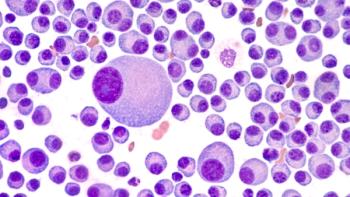
The selective MCL-1 inhibitor AMG 176 plus gilteritinib as a combination treatment synergistically targeted preclinical models of FLT3 internal tandem duplication–mutated acute myeloid leukemia.

Your AI-Trained Oncology Knowledge Connection!


The selective MCL-1 inhibitor AMG 176 plus gilteritinib as a combination treatment synergistically targeted preclinical models of FLT3 internal tandem duplication–mutated acute myeloid leukemia.
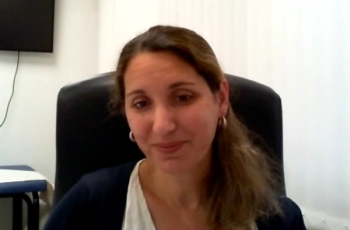
CancerNetwork® spoke with Ronnie Shapira-Frommer, MD, during the Society of Gynecological Oncology 2021 Virtual Annual Meeting on Women’s Cancer about her thoughts on the effect of the conference content across multidisciplinary specialties.
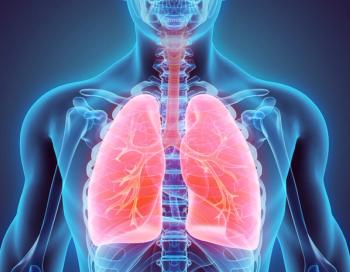
Patients with non‒small cell lung cancer with undetectable circulating tumor MET Exon 14 following treatment with savolitinib are more likely to have positive progression-free and overall survival outcomes.
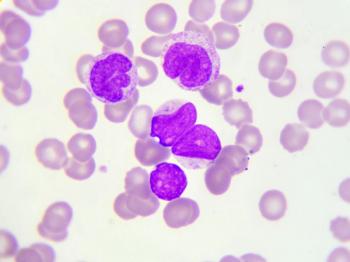
Adding parsaclisib to the ruxolitinib treatment of patients with myelofibrosis who had a suboptimal response on a standard dose of ruxolitinib alone led to improvements in spleen volume reduction and symptom burden.

TAS-117 showed limited clinical efficacy in treating patients with ovarian cancer harboring PIK3CA E545K mutations and in those with breast cancer harboring PIK3CA H1047R and Akt1E17K mutations.
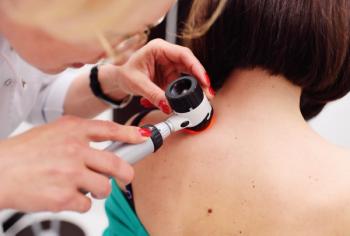
Lifileucel (LN-144), the tumor-infiltrating lymphocyte therapy, showed a positive objective response rate with the median duration of response not yet reached after more than 28 months of follow-up in patients with advanced melanoma.

These data establish pembrolizumab as a promising treatment option for those with locally advanced and recurrent/metastatic cutaneous squamous cell carcinoma, according to Brett G.M. Hughes, MD.
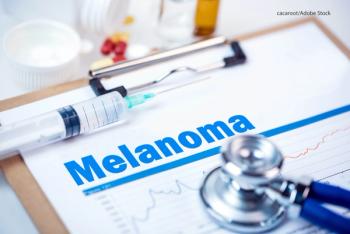
The combination adjuvant treatment of ipilimumab plus nivolumab did not meet the dual primary endpoints of the phase 3 CheckMate-915 trial, failing to improve relapse-free survival in the intent-to-treat and PD-L1 of less than 1% populations.

Germline variants in cancer predisposition genes were associated with worse event-free and overall survival in patients with neuroblastoma.

Phase 2 data found that the combination of nivolumab plus ipilimumab demonstrated significant anti-tumor activity for patients with mCRPC.
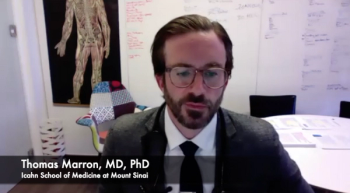
Marron discussed the primary objectives and early data from a phase 1 trial presented at the virtual AACR Annual Meeting regarding the neoantigen peptide vaccine, PGV-001.
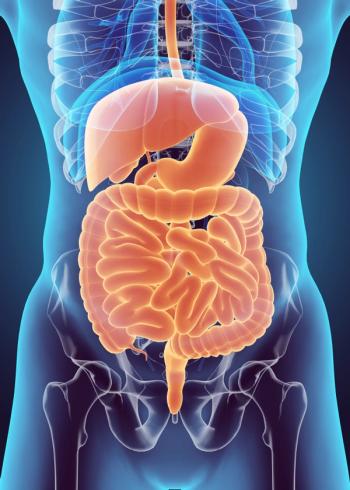
Nivolumab in combination with paclitaxel showed clinical activity and a manageable safety profile when used as second-line therapy for patients with Epstein-Barr virus–related, microsatellite instability–high/mismatch repair deficient or PD-L1–positive advanced gastric cancer.
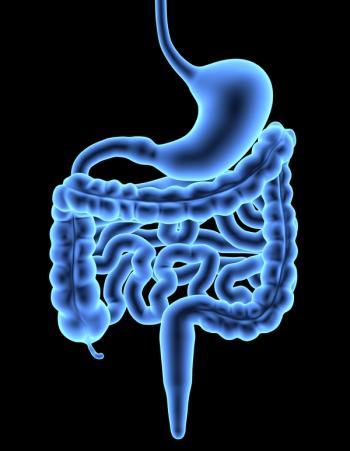
Trastuzumab deruxtecan has not only demonstrated efficacy as a potential anti-HER2 therapeutic option for patients with HER2-amplified gastric cancers, but has also shown promise in those with HER2 moderate-, low-, and non-expressing disease.
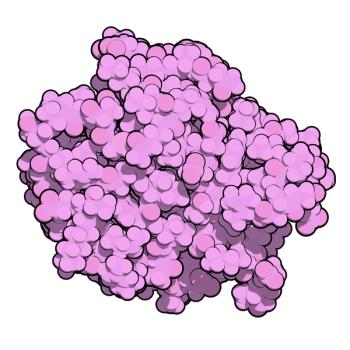
The early results showed that voruciclib led to a rapid decrease in the phosphorylation of proteins that promote MYC transcription and quickly decreases phosphorylation of MYC protein on Serine 62 (Ser62), which is a site implicated in stabilizing MYC in KRAS-mutant cancers.
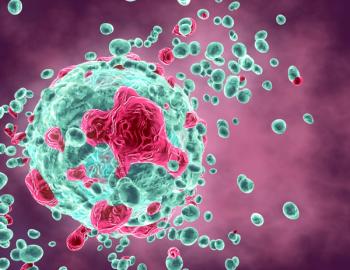
Frontline treatment with tebentafusp significantly improved overall survival in patients with metastatic uveal melanoma, according to data from the phase 3 IMCgp100-202 trial.
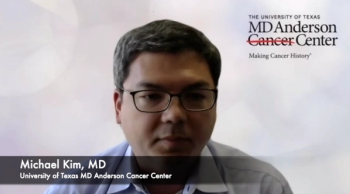
The MD Anderson expert discussed the main takeaway from the data published during the virtual AACR Annual Meeting, while looking forward to what comes next with these genetic drivers.
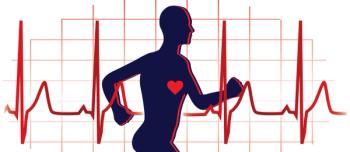
Maintaining a healthy lifestyle mitigated the genetic risk for lethal prostate cancer in men with high genetic risk.

The CheckMate-816 trial is the first positive phase 3 trial demonstrating a significant improvement in pathologic response with neoadjuvant immunotherapy plus chemotherapy in resectable non-small cell lung cancer.
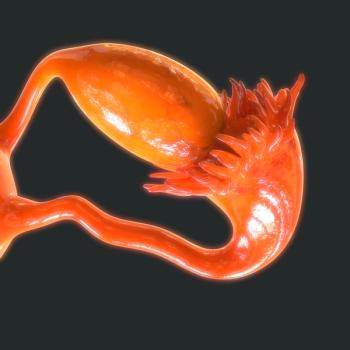
The phase 3 SOC-1 trial found an association between secondary cytoreduction followed by chemotherapy and prolonged progression-free survival when compared with chemotherapy alone for patients with relapsed ovarian cancer.
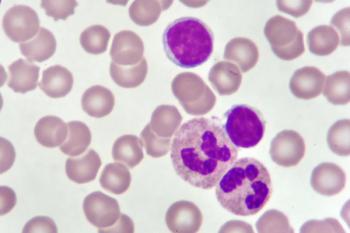
CD19-directed CAR T-cell therapy brexucabtagene autoleucel will be considered by FDA for indication in adults with B-cell precursor acute lymphoblastic leukemia.

ERC-USA announced that the FDA recommended the early termination of a phase 2 clinical trial of ERC1671 to treat patients with recurrent or progressive glioblastoma and pursue a randomized confirmatory phase 3 trial.

An analysis of real-world outcomes in a cohort of patients treated in mostly community settings showed that palbociclib plus letrozole improved both progression-free and overall survival in women with hormone receptor–positive, HER2-negative metastatic breast cancer.
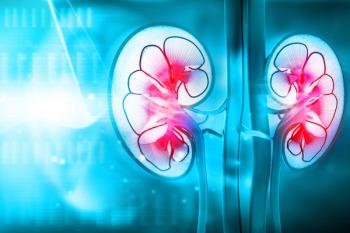
CancerNetwork spoke with Eric Jonasch, MD, about the NCCN’s recommendation and how thee multidisciplinary approach will play a role.
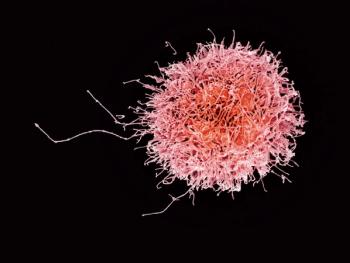
Even though the safety profile remained tolerable, treatment with lenalidomide plus R-CHOP did not improve progression-free survival compared with placebo plus R-CHOP for patients with activated B-cell-like subtype of DLBCL.
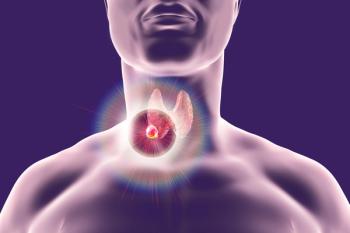
Docetaxel in combination with cisplatin and cetuximab did not significantly improve overall survival compared with platinum chemotherapy plus fluorouracil and cetuximab but maintained a favorable safety profile.

Merck announced an interim analysis of pembrolizumab to treat RCC, finding a clinically significant improvement in disease-free survival when compared with placebo.
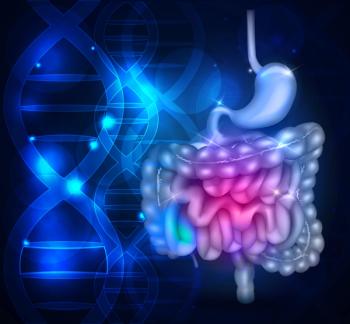
The addition of nivolumab to either chemotherapy or ipilimumab improved overall survival among patients with unresectable advanced or metastatic esophageal squamous cell carcinoma, according to data from the phase 3 CheckMate-648 trial.

A second-generation human adenovirus 5 immunotherapy vaccine has activity in patients with metastatic castration-resistant prostate cancer who are not responding to other available therapies.

Following last year’s accelerated approval designation, the FDA granted regular approval to sacituzumab govitecan to treat patients with triple-negative breast cancer.

Screening patients for molecular response using the Guardant360 assay provides an early signal of antitumor activity for pembrolizumab-based treatment of non–small cell lung cancer.